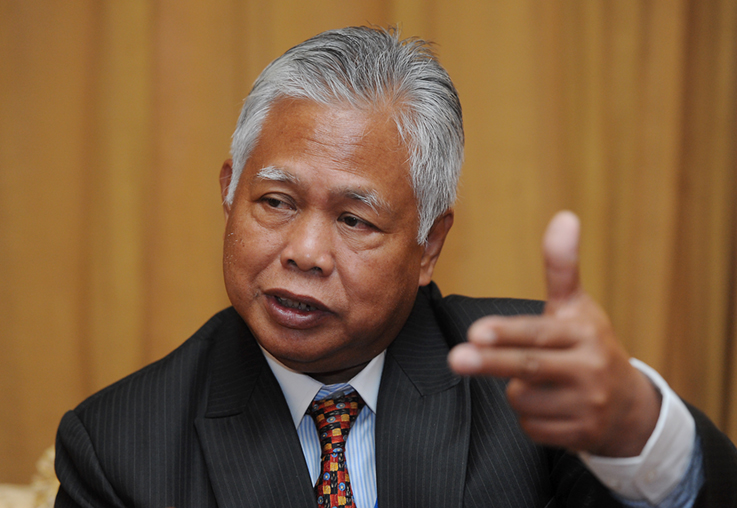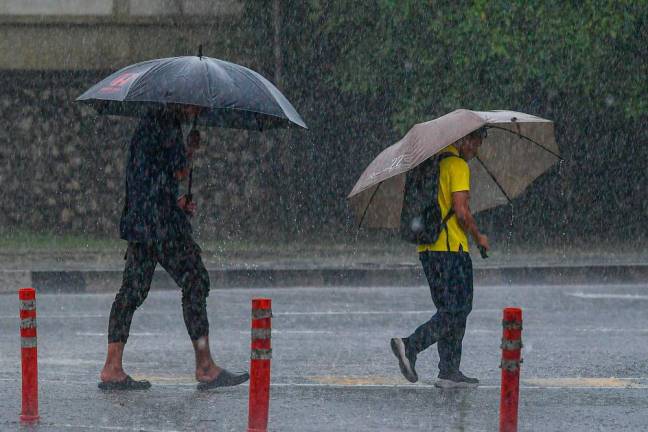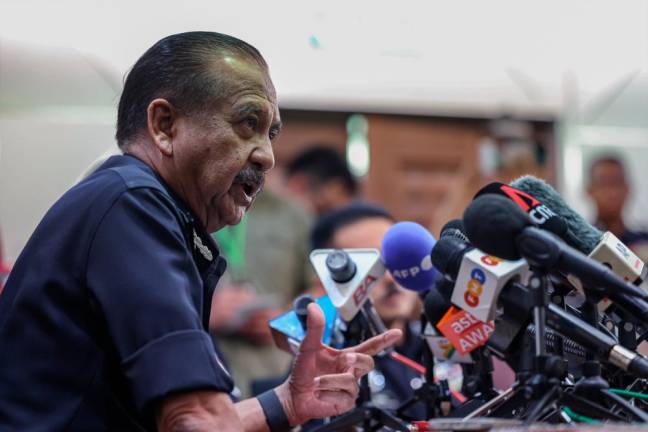KUALA LUMPUR: Graduates must rethink their priorities and consider employment opportunities available to them now.
The time for looking down on jobs some consider as menial is over, according to Malaysian Employers Federation (MEF) executive director Datuk Shamsuddin Bardan (pix).
He pointed out that there are now 68,000 jobs available in the plantation sector, mostly for harvesters.
“Granted it is a difficult job, but at a monthly remuneration of RM2,500 with accommodation and a plot of land provided for each employer, it is a good start,” he told theSun yesterday.
However, he said graduates are unwilling to consider such jobs because of the social stigma attached to them.
“But in this period of economic slowdown, they must be willing to take up such jobs to earn an income,” he added.
Shamsuddin said that in these difficult times, employers are reluctant to add to their workforce.
To help themselves, he said, new graduates could consider entering training programmes such as entrepreneurship.
“Instead of being job seekers for the long term, they could become job creators and help the economy grow,” he said.
Shamsuddin said there are a great number of jobs available in the security sector for those who are not bothered about the social stigma.
He said security companies need to change the way they operate to attract people to join them.
They could take simple steps such as introducing more technology to ease the burden on their employees, he added.
Shamsuddin said graduates could also consider becoming marketers as there are many jobs available in this sector.
“The gig economy is also growing at a furious pace, but due to Covid-19, it is also becoming more competitive,” he said.
He said that before the Covid-19 pandemic, about half a million people were involved in the gig economy. “Now it has grown to about 2.8 million, making it very competitive,” he said.
However, Shamsuddin expressed concern that it could be difficult to sustain the fast pace of growth in the gig economy.
“The government should introduce a scheme to protect workers in the gig economy by putting them under the Social Security Organisation (Socso).
“With Socso coverage, they will be able to look after themselves if they get injured on the job,” he added.













